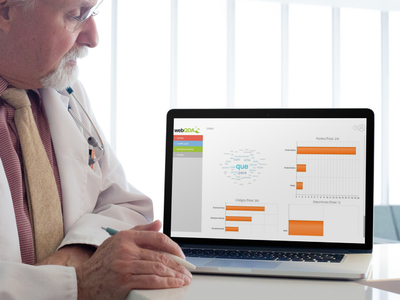
By António Pedro Costa, University of Aveiro – Portugal
In the path developed by a researcher, literature review is transversal to an entire research project, regardless of the type of information sources (primary, secondary and tertiary). According to Moreira & Caleffe, “literature review allows to identify the main research trends in the area of interest, possible gaps and the important concepts being used” (2008, p. 27)[our translation].
We could explain other dimensions related to literature review. However, we want to emphasize that the work of the researcher has been “facilitated” by the technological tools. Currently, different bibliographic reference managers are available in the market, which allow the researcher to organize, create, and link different data sources to use in one or more investigation projects.
With regard to qualitative data analysis tools, such as webQDA software, the researcher already has the possibility (by importing articles, for example in PDF format) to carry out different types of review: a) Narrative or Traditional; B) Systematic or Methodological and c) Integrative.
It is expected that the researcher will reach levels of excellence, making their investigative journey richer and more appealing.
Moreira, H., & Caleffe, L. G. (2008). Metodologia da pesquisa para o professor pesquisador. Rio de Janeiro: Lamparina.




Leave a comment